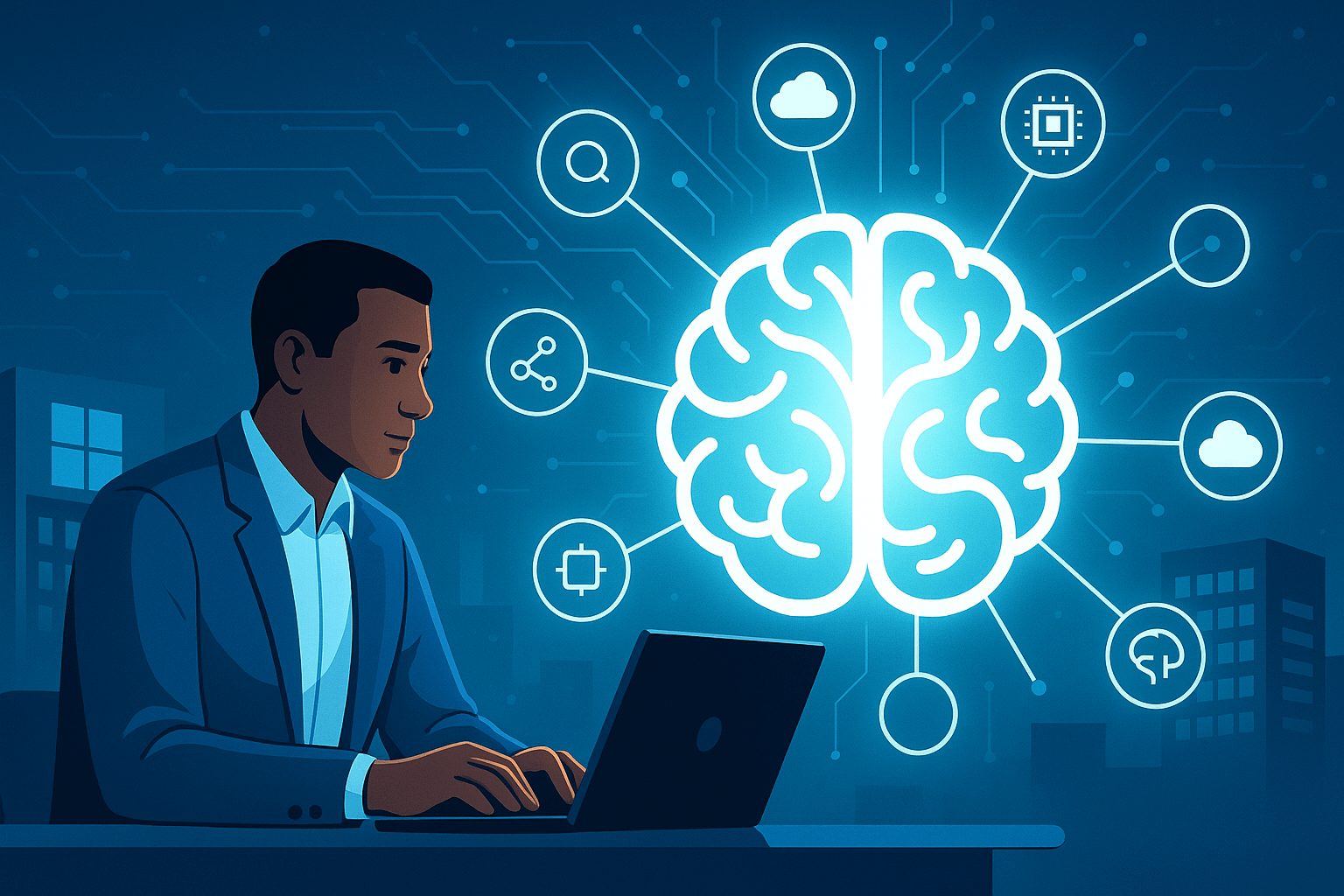
Microsoft Renews Bet on OpenAI: Advanced Talks for Ongoing Access Even in AGI Era
Microsoft is in advanced negotiations with OpenAI to secure ongoing access to its leading-edge AI technology—including if OpenAI achieves artificial general intelligence (AGI)—a milestone that current contracts would otherwise block. Under the existing agreement, Microsoft would lose certain usage rights once OpenAI declares it has reached AGI—an inflection point now central to these new talks.
Negotiators from both sides have met regularly, and insiders suggest a revised agreement could be finalized within weeks. The discussions aim not only to guarantee continued technical compatibility but also to support OpenAI’s transition into a public-benefit corporation—a shift that requires Microsoft's approval and involves revisiting Microsoft’s equity stake in the company.
This renegotiation comes amid broader strategic changes: OpenAI is diversifying its cloud infrastructure by expanding partnerships with Google Cloud, Oracle, and CoreWeave, signaling a possible shift away from Microsoft’s Azure. That shift increases pressure on Microsoft to secure its long-term access to OpenAI’s models and influence future innovation paths.
Microsoft has reportedly benefitted significantly from its OpenAI partnership: in the April–June quarter, Azure revenue jumped approximately 34.8%, in part driven by AI-powered offerings based on OpenAI technologies. Despite OpenAI’s diversification, analysts argue Microsoft still holds strong bargaining power. Microsoft’s stock has surged over 20% year‑to‑date, powered by robust revenue and profit growth—even beyond AI—offering a cushion in negotiations.
From a software development and IT infrastructure standpoint, the outcome of these talks could shape the next wave of enterprise AI adoption. If Microsoft retains secure rights to integrate future OpenAI models—even post‑AGI—it can continue embedding advanced language models into tools like GitHub Copilot, Azure AI services, and enterprise-grade conversational agents. However, if access is restricted, companies relying on Microsoft’s stack may need to explore multi-cloud architectures or adopt rival AI solutions.
The stakes are not only technical but strategic: OpenAI’s shift to public-benefit status and potential rivalry with cloud providers could realign how software developers manage dependencies across languages and platforms. Enterprises building AI-enabled systems may soon need to design for flexibility—supporting fallback to Google, Oracle, or CoreWeave-based models if Microsoft’s access narrows.
Even during this uncertainty, Microsoft has been proactively reinforcing its position by investing in its in-house AI capabilities—hiring top talent and accelerating Copilot development—even as internal criticism mounts over performance compared to ChatGPT.
For IT professionals and software developers, the key takeaway: stay adaptable. As Microsoft and OpenAI reshape their relationship, enterprises may need to design modular, cloud‑agnostic AI integrations. Developing abstraction layers in code, embracing containerized deployment, and careful management of API versioning and billing across providers are becoming essential.